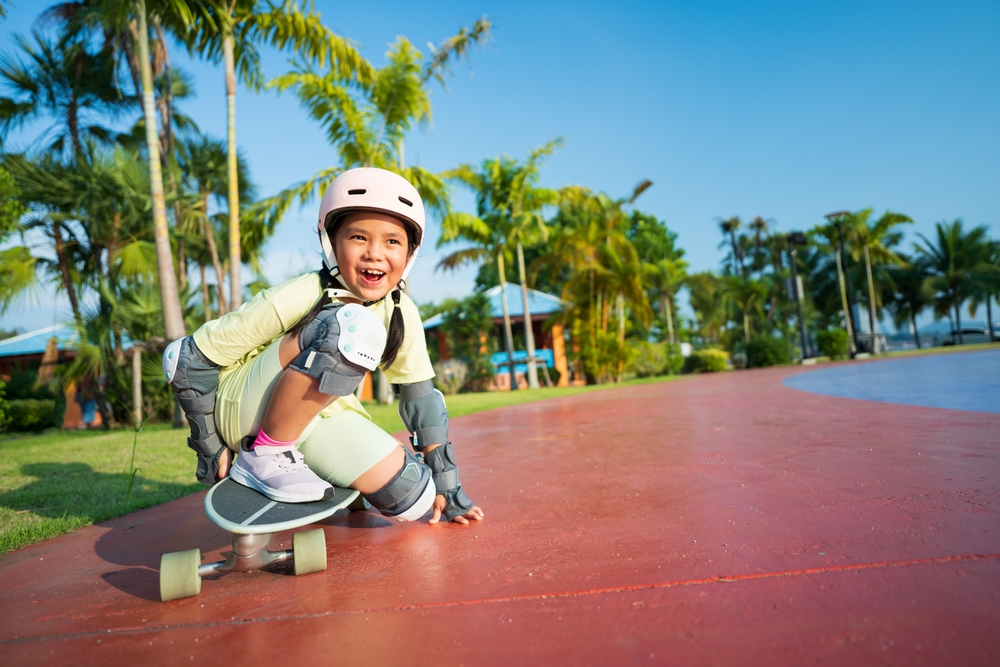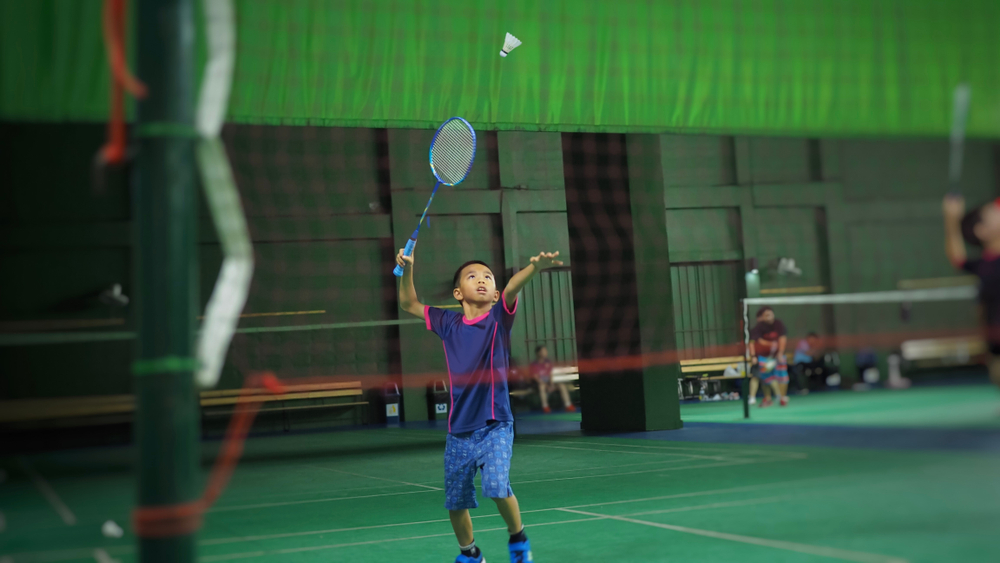





















Written by: Ms. Fung Chi Hei, Game Therapist, Lok Sin Tong Leung Kau Kui Primary School
I previously participated in a professional exchange activity for teachers in Taiwan and was impressed by the emphasis on using exercise to cultivate children’s growth in the Taiwanese education system. This experience provided new inspiration, which I hope to share with parents. One of the schools visited during the exchange can be described as the elementary school version of a sports academy. Upon entering the school, the students welcomed the visitors with a government-promoted fitness routine. They performed various warm-up exercises in unison, exuding a lively spirit akin to tiger cubs, making me feel like they had truly entered a forest full of tiger cubs.
Exercise Strengthens Children’s Learning Abilities
Principal Liu of the Tiger Forest Elementary School stated that the school is a key focus school designated by the government, with a special emphasis on students’ physical development. The school believes that exercise can strengthen students’ learning abilities. They have adopted the “Anytime Exercise” program based on the research of John J. Ratey, MD, a clinical assistant professor of psychiatry at Harvard Medical School. This program advocates for students to be engaged in exercise at all times, hence the name “Anytime.” During breaks, students would run to any part of the playground to exercise, some playing dodgeball, some climbing the monkey bars, and others playing badminton. All students enjoy every moment of exercise.

The Benefits of Exercise: Strengthening Brain Function
It is well known that exercise has the effect of strengthening the body, and in Ratey’s research, he pointed out more about the benefits of exercise on the brain. He described the brain as the center for processing information, transmitting messages through different pathways using various transmitters (chemicals). During exercise, the brain can effectively produce more transmitters and strengthen pathways, allowing messages to be transmitted faster and more accurately.
Applying this theory to learning, students can enhance their brain function through exercise, thereby improving their learning effectiveness. Research has confirmed that exercise can improve students’ concentration and memory, both of which are essential for successful learning. Furthermore, exercise can stimulate the brain to produce dopamine (a chemical that brings happiness), enabling students to learn joyfully, which naturally leads to better academic performance.
How to Make Children Love Exercise?
For children to enjoy the time and benefits of exercise, parents must help them develop a love for exercise. Here are three suggestions:
Provide children with more opportunities for exercise, suitable time, tools, and space, while ensuring the safety of the environment.
Teach children to exercise for the sake of their health and emphasize the benefits of exercise on health.
Exercise with children more often, enjoy the moments of exercise and savor the wonderful time with family.